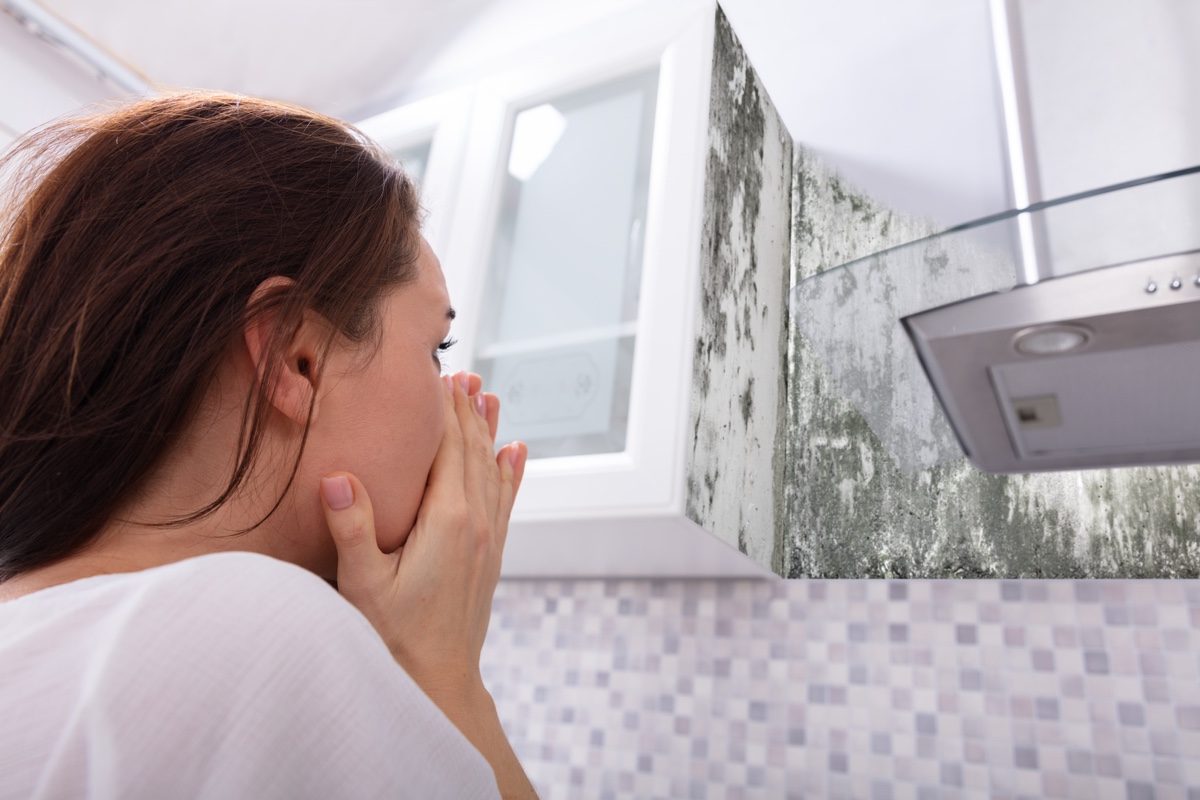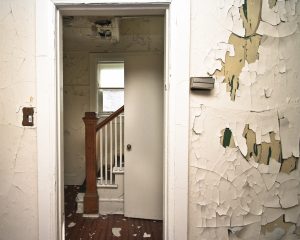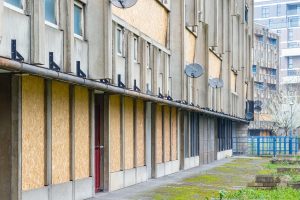In a harrowing account reported by Sky News, the distressing living conditions faced by a mother in a damp-ridden home highlight a broader systemic issue plaguing the housing sector in the UK. The woman’s fear that she was “going to die” in her own home is a stark reminder of the severe health risks and emotional turmoil caused by neglected housing.
Living in a property overwhelmed by dampness, the mother recounted days filled with dread, fearing the impact of her living conditions on her health and well-being. The constant presence of damp and mold not only posed a severe health risk but also created a living environment fraught with anxiety and despair. This case is not isolated; it mirrors the struggles of countless individuals forced to endure similar conditions nationwide, raising critical questions about landlord accountability and the effectiveness of current housing regulations.
The health implications of living in damp and moldy conditions are well-documented, ranging from respiratory problems and allergies to serious infections. For vulnerable populations, including children, the elderly, and those with pre-existing health conditions, the risks are even more pronounced. Beyond the physical health risks, the psychological impact of living in such conditions cannot be understated. The constant stress and fear for personal safety can lead to a range of mental health issues, including anxiety and depression.
This distressing situation shines a light on the urgent need for stronger enforcement of housing standards and greater accountability for landlords. While legislation such as the Homes (Fitness for Human Habitation) Act 2018 aims to protect tenants by allowing them to take legal action against landlords who fail to maintain properties, the reality on the ground indicates that significant gaps still exist in protecting tenants’ rights.
Local authorities and the government play a crucial role in addressing the crisis of neglected housing. There is a pressing need for more rigorous inspection regimes and swift action against landlords who flout the law. Additionally, investing in social housing and ensuring that properties meet basic living standards is essential to prevent such dire situations.
The story reported by Sky News serves as a powerful call to action for all stakeholders involved in housing. From policymakers to housing charities, there must be a collective effort to address the root causes of housing disrepair and ensure that no one is left to live in fear for their life. Education and awareness campaigns can empower tenants to demand better conditions and know their rights, while support services can provide the necessary assistance to those struggling to navigate the complex housing landscape.
The harrowing experience of a mother living in fear in her damp-ridden home is a wake-up call to the pervasive issue of neglected housing in the UK. It underscores the need for immediate action to safeguard the health and well-being of tenants, highlighting the critical role of enforcement, accountability, and support in transforming the housing sector. Only through concerted efforts can we hope to eradicate the scourge of damp and mold from our homes, ensuring safe and healthy living conditions for all.



